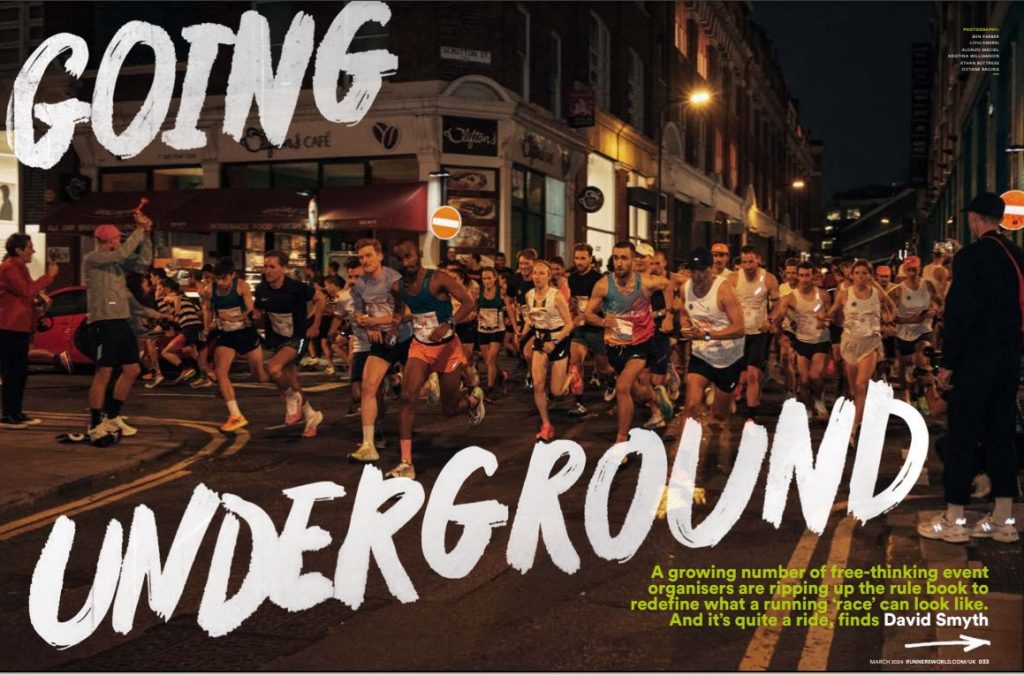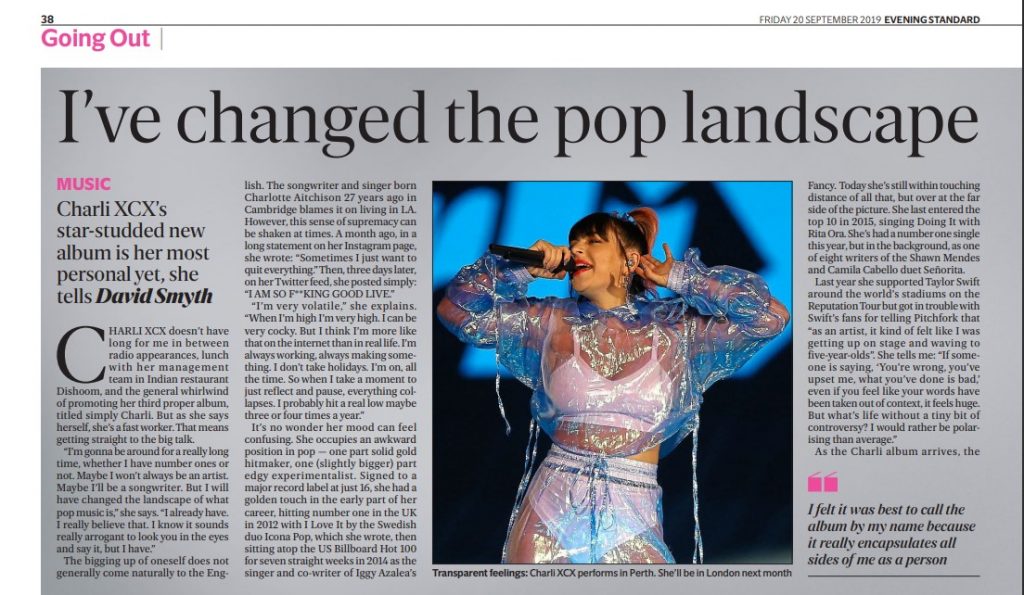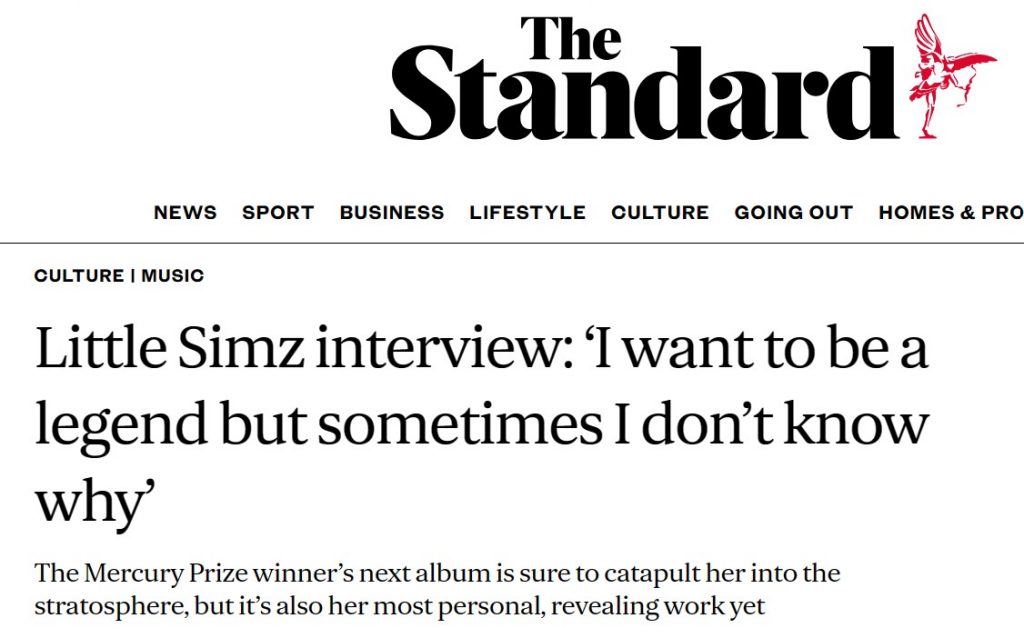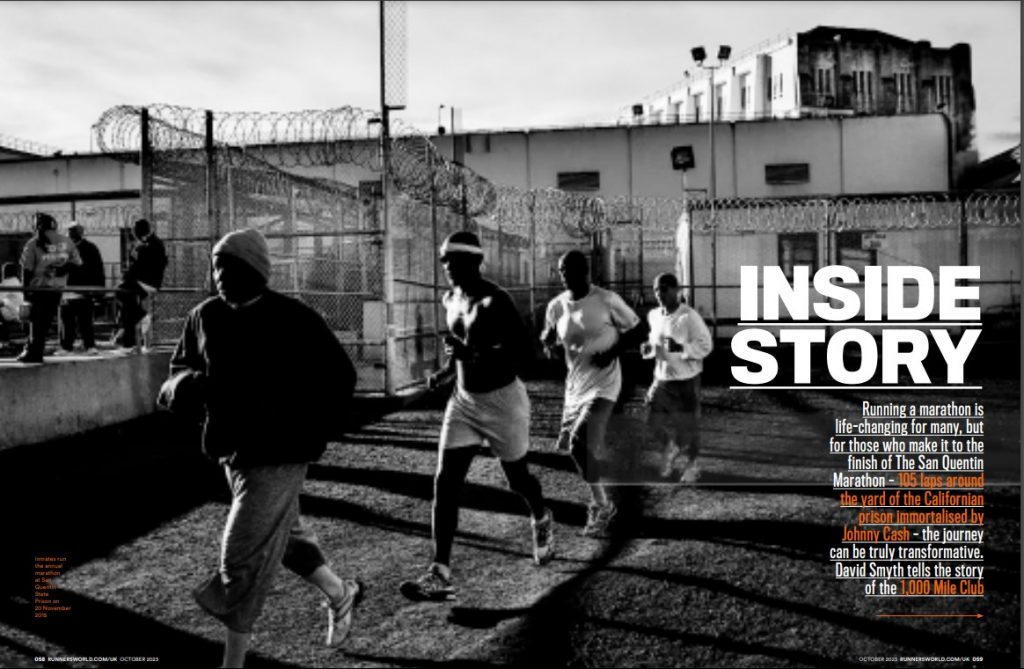It suited the punk spirit of the first 6 Music Prom that the wildly varied mix of music was less of a cosy crossover than a clash.
What could have been perceived as the BBC’s attempt to dumb down the Proms by letting in the pop people was actually as daring as anything in this long Albert Hall season.
Presented by Radio 3’s Tom Service, labouring the point that music is music whether on guitar or glockenspiel, and 6 Music’s Steve Lamacq, who cheerfully admitted that he had no idea about the classical world, the line-up was an education for all. Old punk fans learned that when The Stranglers are joined by the London Sinfonietta in an attempt to bring out their subtleties, they sound disappointingly quiet.
The rock iconoclasts may also have been shocked by the boldness of Edgard Varese’s Ionisation from 1931 – 13 percussionists hammering out awkward rhythms with only an air raid siren for melody.
Luciano Berio’s O King was equally startling, mezzo-soprano Anna Stephany’s voice weaving abstractly amongst the most delicate touches of piano and strings.
Singer and 6 Music presenter Cerys Matthews lightened the studious mood with a collection of fiddle-heavy folk songs favoured by King Henry V, something in Welsh and a singalong interpretation of Blueberry Hill.
It was Laura Marling, though, who showed what could be achieved when the flanks of accompanists were left in the shadows, allowing an acoustic guitar and an extraordinary voice to shine out. The final orchestral swell during her last song, Breathe, was lovely but almost unnecessary. With songs this good, the worlds of pop and classical can do perfectly well without each other.










